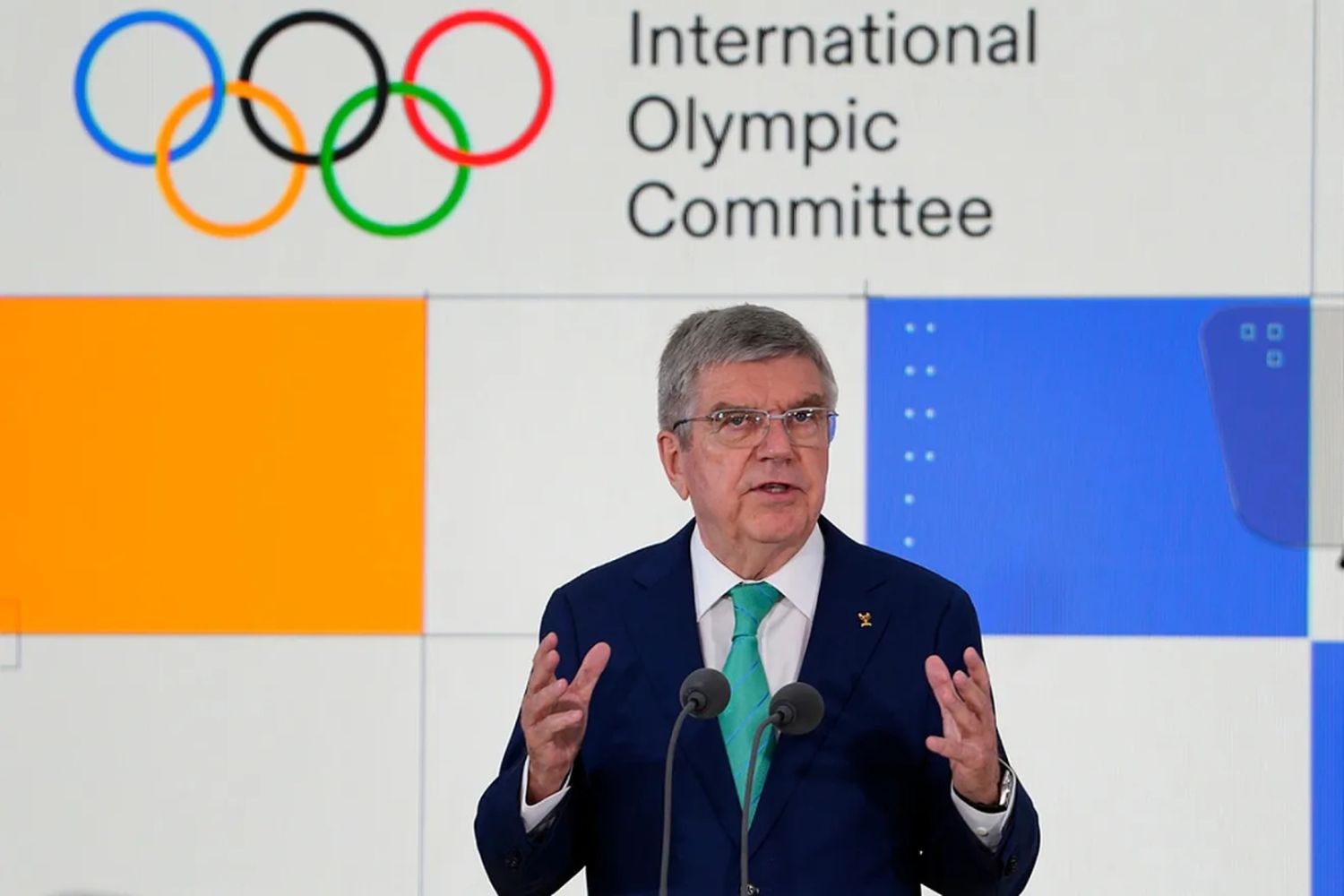Olympic Games
The IOC's Game-Changing Strategy for Sports
As the Paris 2024 Olympic Games approach, the International Olympic Committee (IOC) is setting the stage for a transformative era in sports, leveraging artificial intelligence (AI) to enhance athlete performance, ensure fair competition, and revolutionize fan experiences. With less than 100 days to the opening ceremony, the integration of AI by the IOC is poised to redefine the Olympic landscape.
Transforming Talent Identification and Training
At the heart of the IOC's AI strategy is the revolution in talent identification and athlete training. AI's capability to analyze extensive data on athletes' performances and physical conditions allows for the identification of emerging talents with unprecedented precision. This technology not only speeds up the talent scouting process but also makes elite training accessible to a broader range of athletes, democratizing the opportunity to excel at the highest levels of sport.
AI's impact extends into personalized training programs that are tailored to the unique needs of each athlete. By processing data on individual performance metrics and health indicators, AI systems can devise training plans that optimize each athlete's strengths and address their weaknesses. This bespoke training approach is expected to enhance athletic performance, potentially leading to record-breaking results in competitions.
Promoting Fair Play and Integrity
Upholding the integrity of sports competitions is a cornerstone of the Olympic spirit, and AI is set to play a crucial role in this domain. The IOC is exploring AI-driven solutions to enhance the accuracy and fairness of competition judgments. These technologies aim to reduce human error and bias in scoring and decision-making processes, ensuring that all athletes have an equal chance to succeed based on their performance.
Enhancing Safety and Spectator Experiences
Safety is a paramount concern for the IOC, especially in the context of large-scale events like the Olympics. AI technologies are being deployed to improve security measures at venues. Advanced surveillance systems equipped with AI algorithms will monitor for any potential threats, enhancing the safety of athletes and spectators alike.
Moreover, AI is transforming how fans engage with the Olympics. From AI-enhanced replays that provide deeper insights into pivotal moments to personalized content tailored to individual preferences, the spectator experience at Paris 2024 will be more interactive and immersive. These innovations are designed to bring fans closer to the action, regardless of whether they are in the stadium or watching from home.
Navigating Ethical Considerations
The integration of AI into sports is not without its ethical challenges. The IOC is committed to addressing issues related to data privacy, the potential for dehumanization of athletes, and maintaining the integrity of sports. Transparent and responsible use of AI is a priority, with stringent data protection measures and ongoing assessments of how AI applications affect the essence of competitive sports.
The IOC's adoption of AI in preparation for the Paris 2024 Olympics is a bold move towards modernizing the games and enhancing global sports practices. By harnessing AI for talent identification, customized training, fair play, and enriched fan engagement, the IOC is not only preparing for an exceptional Olympic Games but is also paving the way for the future of sports. This visionary approach promises to make the upcoming Olympics a landmark event that celebrates the fusion of human talent and technological innovation, setting new standards for the sporting world.

